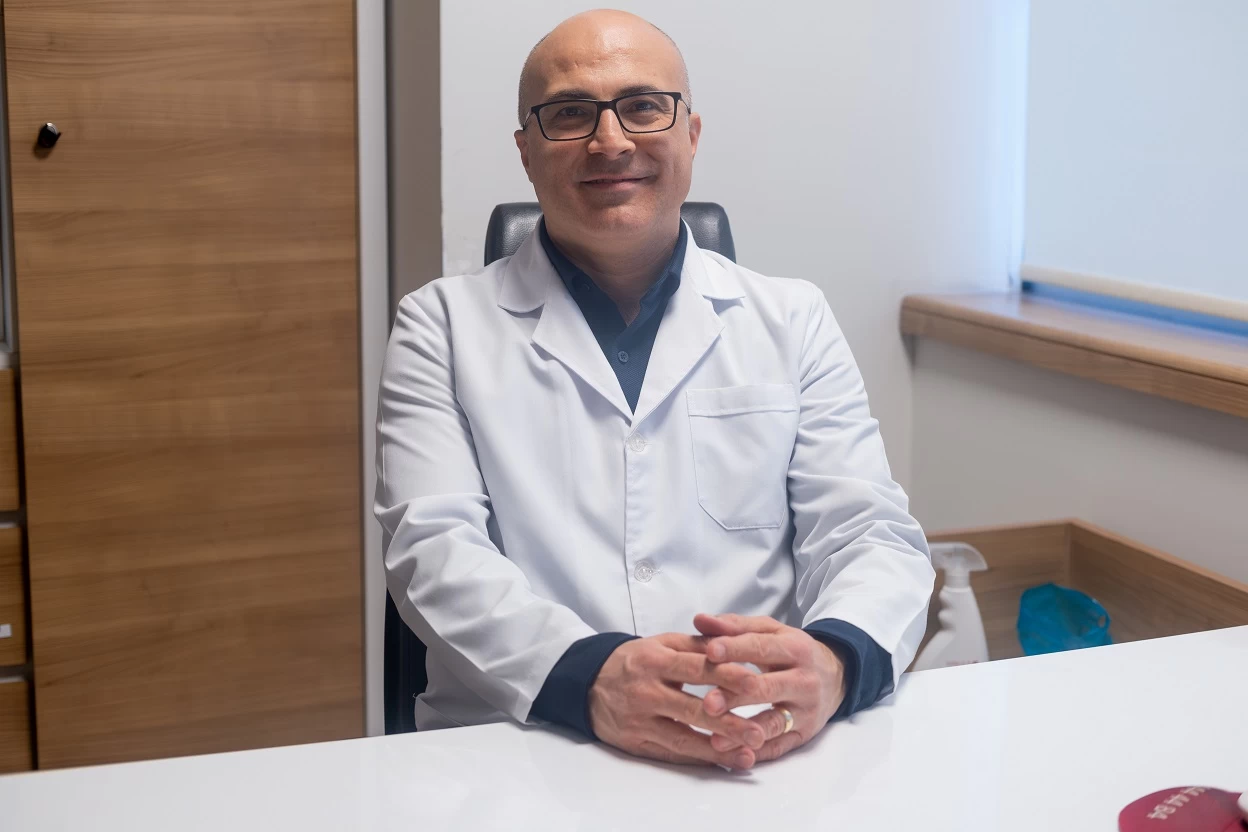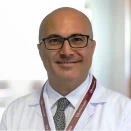
What Does a Gastroenterologist Do?
- What Does a Gastroenterologist Do?
- Duties of a Gastroenterologist
- Education and Specialization Process
- Endoscopy Training
- Time Required to Become a Gastroenterologist
- Conclusion
Gastroenterology is a medical specialty focused on the diagnosis and treatment of diseases related to the digestive system. The digestive system includes a wide range of organs, starting from the mouth and encompassing the esophagus, stomach, small intestines, large intestines, liver, pancreas, and gallbladder. A gastroenterologist diagnoses diseases occurring in these organs, treats them, and refers patients for surgical interventions when necessary.
Duties of a Gastroenterologist
The primary duty of a gastroenterologist is to diagnose and treat diseases related to the digestive system. These diseases range from stomach and intestinal disorders to liver diseases, pancreatic diseases, and many others. Below are some common diseases and treatment methods a gastroenterologist frequently encounters:
- Gastroesophageal Reflux Disease (GERD): This condition occurs when stomach acid backs up into the esophagus. Gastroenterologists treat it with medications and lifestyle changes.
- Irritable Bowel Syndrome (IBS): A functional disorder of the intestines, typically characterized by stomach pain, bloating, diarrhea, or constipation.
- Liver Diseases: The diagnosis and treatment of liver diseases such as hepatitis and cirrhosis are part of a gastroenterologist's duties.
- Colorectal Cancer: Cancers that occur in the colon and rectum, which gastroenterologists help diagnose early and refer for treatment.
- Pancreatitis: Inflammation of the pancreas, which can be acute or chronic. Gastroenterologists play a significant role in treating pancreatitis.
Gastroenterologists treat patients using medications, dietary changes, endoscopic procedures, and, when necessary, advanced endoscopic interventions.
Education and Specialization Process
Becoming a gastroenterologist in Turkey requires a long and challenging educational journey. This process begins in medical school and continues with specialty training.
- Medical School (6 years): To become a gastroenterologist in Turkey, one must first complete medical school, which typically lasts 6 years. During this period, students learn basic medical knowledge and have the opportunity to interact with patients.
- Specialization Training (4 years): After graduating from medical school, a student must take the Medical Specialty Exam (TUS) to begin training in internal medicine. Internal medicine specialization lasts for 4 years, during which time doctors gain in-depth knowledge of general internal medicine. After completing this, a doctor must take the Medical Specialization in Gastroenterology Exam (YDUS) to pursue gastroenterology training.
- Gastroenterology Specialization (3 years): After completing internal medicine specialization, a doctor begins gastroenterology specialization. This education typically lasts 3 years, focusing on the diagnosis and treatment of digestive system diseases. During this time, doctors receive training in advanced diagnostic techniques such as endoscopy, colonoscopy, ultrasonography, and more. They also gain deep knowledge in treating and managing diseases like hepatitis, pancreatitis, and colorectal cancer.

Endoscopy Training
One essential skill for a gastroenterologist is the ability to perform endoscopic procedures. Endoscopy is a method used to examine the inner surface of the digestive system, including the stomach, intestines, esophagus, and bile ducts.
Gastroenterologists undergo 3 years of intensive training in endoscopy. During this period, specialists learn how to perform various endoscopic procedures (such as gastroscopy, colonoscopy, and ERCP) and interpret them correctly for patient care. Endoscopic procedures are crucial for diagnosing and treating digestive system disorders, such as ulcers, polyps, and tumors.
Time Required to Become a Gastroenterologist
Becoming a gastroenterologist in Turkey requires approximately 13 years of education, which can be summarized as follows:
- 6 years of medical school
- 4 years of internal medicine specialization
- 3 years of gastroenterology specialization
This extensive education process enables gastroenterologists to reach a high level of knowledge and skill. Both theoretical knowledge and practical applications are crucial during this time. Gastroenterologists develop problem-solving abilities by directly interacting with patients during their training.
Conclusion
Gastroenterologists play a critical role in diagnosing and treating digestive system diseases. Although the specialty training process is long and challenging, specialists gain the knowledge and skills required to provide high-quality care to patients. Endoscopy training is especially important for accurately diagnosing and treating digestive system diseases. Therefore, the years spent becoming a gastroenterologist contribute significantly to improving patient health through both theoretical knowledge and practical experience.

Spc. Dr. Hasan Gürel
Gastroenterology Specialist





